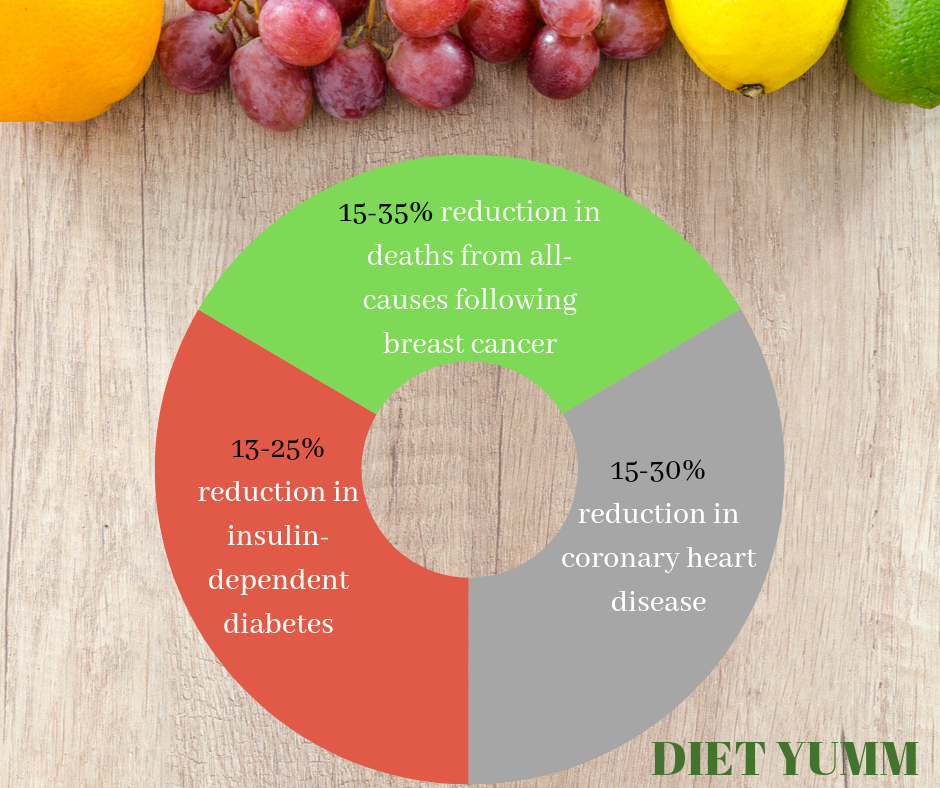

Enhancing Health Through Balanced Nutrition
The adoption of a Low-Fat Diet has been a cornerstone in the realm of nutrition, with its focus on reducing fat intake to promote overall health. Let’s delve into the potential benefits associated with embracing a diet low in fat and how it contributes to a well-rounded approach to nutrition.
Understanding the Low-Fat Diet Approach
A Low-Fat Diet centers around minimizing the consumption of dietary fats, particularly saturated and trans fats. This dietary approach gained prominence as a strategy to address concerns related to heart health, weight management, and overall well-being.
Heart Health and Cholesterol Management
One of the primary motivations for following a Low-Fat Diet is its potential to support heart health. By reducing the intake of saturated and trans fats, individuals may lower their cholesterol levels, subsequently reducing the risk of cardiovascular diseases.
Weight Management and Caloric Density
The Low-Fat Diet often goes hand in hand with weight management goals. Fats are calorie-dense, and by cutting back on fat intake, individuals can create a caloric deficit, contributing to weight loss or weight maintenance when combined with a balanced diet and regular physical activity.
Promoting Nutrient-Dense Choices
While the focus is on reducing fats, the emphasis of a Low-Fat Diet is not solely on restriction. It encourages the consumption of nutrient-dense foods such as fruits, vegetables, whole grains, and lean proteins. This ensures that the body receives a wide array of essential nutrients for optimal functioning.
Balancing Macronutrients for Energy
A Low-Fat Diet underscores the importance of balancing macronutrients—proteins, carbohydrates, and fats. By moderating fat intake, individuals can allocate a greater proportion of calories to carbohydrates and proteins, providing a steady source of energy for daily activities.
Improving Insulin Sensitivity
Studies suggest that a Low-Fat Diet may contribute to improved insulin sensitivity. Enhanced insulin sensitivity is associated with better blood sugar control, reducing the risk of type 2 diabetes and supporting overall metabolic health.
Culinary Creativity with Flavorful, Low-Fat Options
Contrary to misconceptions, a Low-Fat Diet doesn’t mean sacrificing flavor. It encourages creative culinary approaches, utilizing herbs, spices, and healthier cooking methods to enhance taste without relying heavily on fats. This makes the diet sustainable and enjoyable.
Considerations for Essential Fatty Acids
While reducing unhealthy fats, it’s crucial to ensure an adequate intake of essential fatty acids, such as omega-3 and omega-6. These fats play vital roles in various bodily functions, including brain health, and can be obtained from sources like fatty fish, flaxseeds, and walnuts.
Individualized Approaches and Moderation
As with any dietary approach, individual factors play a significant role. While a Low-Fat Diet may offer benefits, it’s essential to tailor the approach to individual needs, considering factors such as age, activity level, and overall health. Moderation remains key.
Low-Fat Diet Benefits with CloudFeed
For those considering or already following a Low-Fat Diet, CloudFeed provides valuable resources and support. Explore personalized meal plans, nutritional guidance, and a community of like-minded individuals on CloudFeed. Take a step towards enhancing your health through a balanced, low-fat approach to nutrition.
In conclusion, a Low-Fat Diet offers a range of benefits, from supporting heart health and weight management to improving insulin sensitivity. Embracing this dietary approach requires a balanced and informed perspective, ensuring that essential nutrients are still incorporated into daily meals. Platforms like CloudFeed can be instrumental in providing guidance and support for individuals navigating the path of a Low-Fat Diet.
